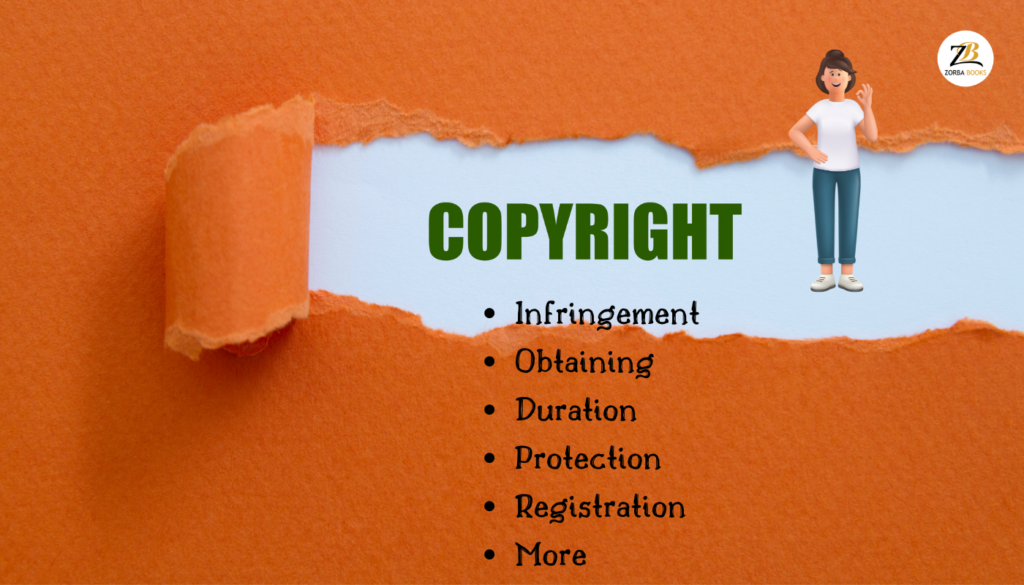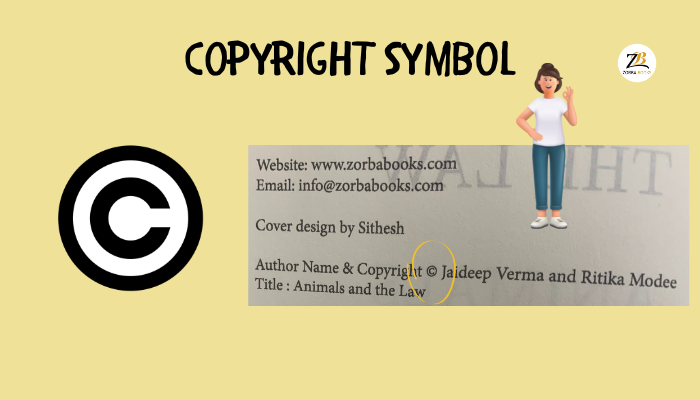
All writers and authors have many questions when writing and publishing their books about copyright: What is copyright? Do I need to register it? Am I using someone else’s copyrighted work? When does copyright apply? How does it benefit me as an author?
In this complete guide, we answer the most relevant questions about book copyright — from understanding its meaning to knowing when and why it matters for your work.
1. What is Copyright?
Copyright is a legal right granted to authors of original literary, artistic, and creative works.
It gives the author exclusive rights to:
● Reproduce the work
● Communicate or distribute it
● Adapt, translate, or modify it
This protection ensures that no one can use your book or any part of it without your permission.
i Understanding the Copyright Page
The first step in protecting your work is to create a copyright page in your book.
A copyright page typically includes:
● The author’s name
● The title of the book
● The copyright holder’s name
● The year of publication
It clearly indicates that the book is protected and discourages unauthorised use or copying.
ii. Do You Need to Register Your Copyright?
Copyright protection in India is automatic the moment your book is created and fixed in a tangible form.
However, registering your book’s copyright with the Copyright Office of India provides stronger legal evidence in case of a dispute or plagiarism claim.
You can learn more in our dedicated article: How to Register a Copyright for a Book in India
2. Why Protecting Your Book Rights Matters
Your book represents your creativity and hard work. Copyright protection ensures:
● You retain control over reproduction and distribution
● Others cannot profit from or modify your work without permission
● You can take legal action if your content is copied or misused
Even though registration is not mandatory, it helps establish ownership and strengthens your case in court.
i. Duration of Copyright Protection
In India, copyright protection for literary works lasts for 60 years after the author’s death. After that, the work enters the public domain, meaning anyone can use it freely.
What You Cannot Copyright. Copyright does not protect:
● Book titles or character names
● Short phrases, slogans, or taglines
● Plots, ideas, or concepts (only the expression of ideas is protected)
For example, two authors can write different books about “time travel”, but each author’s specific story and text are individually protected.
ii. Fair Use and Exceptions
In some situations, copyrighted work can be used without the author’s permission. These include:
● Research or private study
● Criticism or review
● Reporting current events
● Judicial proceedings
● Performance by a non-commercial club or society
Always ensure your usage is minimal and justified — misuse can lead to copyright infringement.
iii. Copyright Disclaimer
A copyright disclaimer clarifies how your content may or may not be reused. It usually states that no part of the book may be reproduced or transmitted in any form without written permission from the author or publisher.

iv. Translations and Adaptations
Translations, adaptations, and dramatizations of a book are also protected under copyright law. However, no one can translate or adapt your book without your explicit permission.
v. International Copyright Protection
India recognises foreign works under the International Copyright Order. This means that works published in many other countries enjoy the same protection in India as Indian works — and vice versa.
Finding Copyright-Free Images
When designing your book cover or illustrations, always use legally sourced images. You can:
● Use your own photos or artwork
● Purchase images from stock websites
● Download from platforms offering free-to-use images with open licenses

3. The Copyright Act of 1957
In India, the Copyright Act of 1957 governs all copyright-related matters. It protects your book
from unauthorized use and ensures that your expression — not just the idea — is safeguarded.
If you’d like to know the exact registration process, read our detailed guide: How to Register a
Copyright for a Book in India
Comments
Felt something? How about posting a comment below...